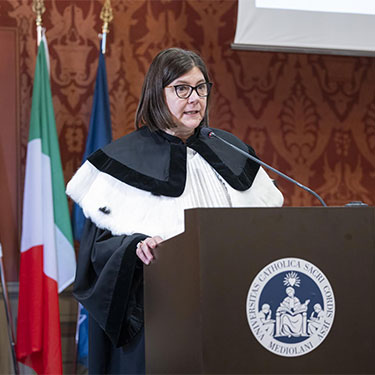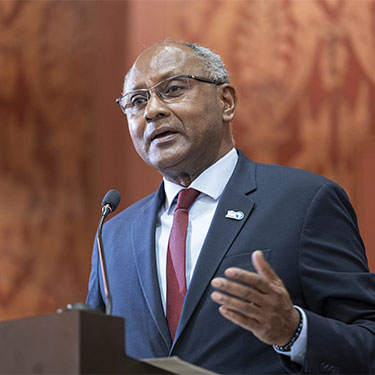An openness to the world that the Rector emphasised in the first part of her speech, where, citing the 50% of students who come from other countries on the new degree course in Business and Finance, she explained that “Brescia can aspire to become an internationally attractive university city” and to “qualify as a global microcosm”. There are 166 international students enrolled in Brescia, “a number that says a lot about the attractiveness of the location for second-generation young people. The new structure in Via della Garzetta is a perfect example of this because, more than others, it reflects the characteristics of US campuses, acting as a pivot to make Brescia a global university city in all respects.”
In this dimension of openness to the world, a special place is occupied by Africa, a continent experiencing strong growth (2.5 billion people in 2050), which will represent 25% of the global population, while Italy will only represent 0.5%. “The youth demographic boom in Africa could prove to be the region’s most valuable resource in the near future, when other parts of the world will be facing an ageing population and labour shortages,” said the Rector, who pointed out that “Europe is struggling to cultivate the potential benefits of this strategic proximity. A gloomy situation in which education could become the keystone.” Also because the low level of education remains “a serious obstacle that we must strive to remove”. Suffice it to say that “about 98 million African children and young people do not have access to primary and secondary education”, constituting a real “educational catastrophe.”
This analysis was echoed in the opening speech, with its light and shade, by Firmin Edouard Matoko, Assistant Director-General for Priority Africa and External Relations at UNESCO. “According to a 2024 report by the African Development Bank (ADB), Africa is the second fastest growing region in the world after Asia, with as many as 41 countries on the rise.” Unfortunately, “there are still reasons for concern, as revealed by the official statistics on poverty. A third of the African population still lives below the poverty line, while more than half has no access to electricity”. The process of growth and transformation of a continent “where more than 50% of the population is young, where a third of the adult population is still illiterate, and, above all, where social and cultural barriers to basic education still exist, especially for girls” is also very long, and one of the major challenges is that of youth unemployment.
However, there is no lack of reasons for hope: “54 countries that are part of the African Union”, with different political, social and economic trajectories and more than two thousand languages and dialects in use, “have adopted a common pan-African vision, Agenda 2063 (The Africa We Want!), with the ambition of building ‘an integrated, prosperous and peaceful Africa, driven by its own citizens and representing a dynamic force in the international arena’.”
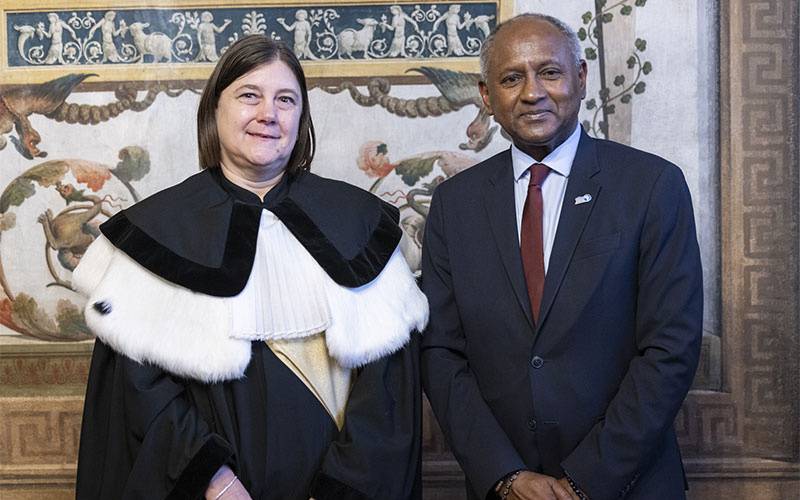


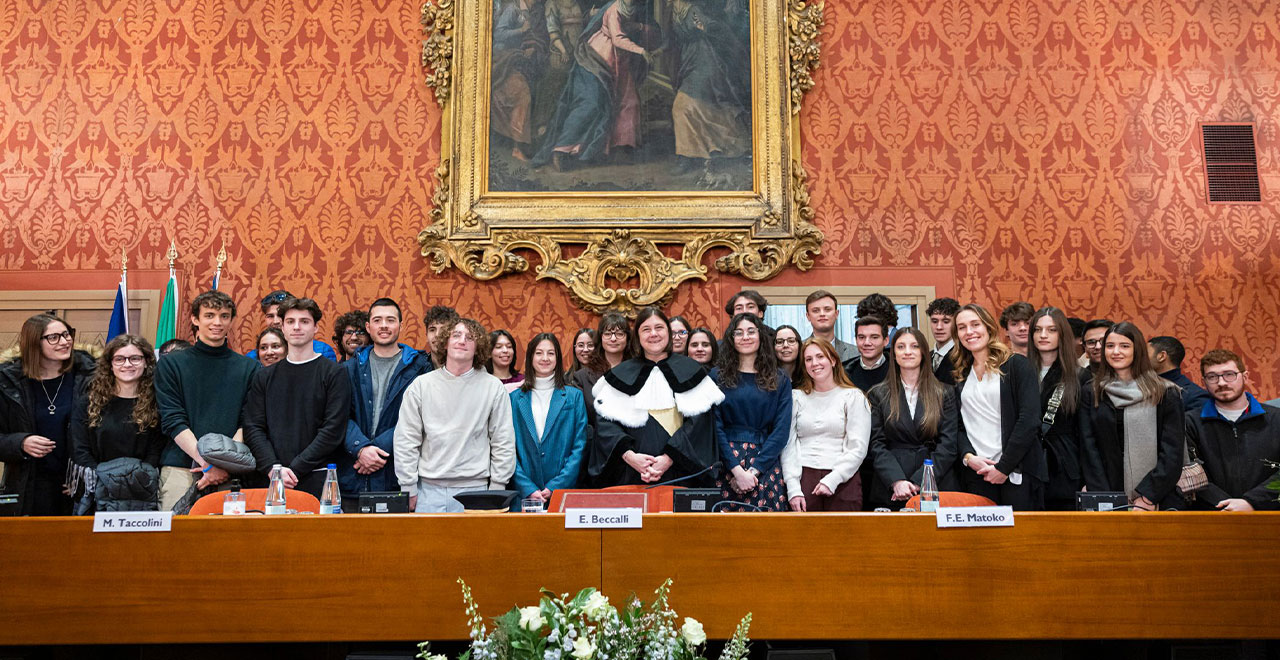

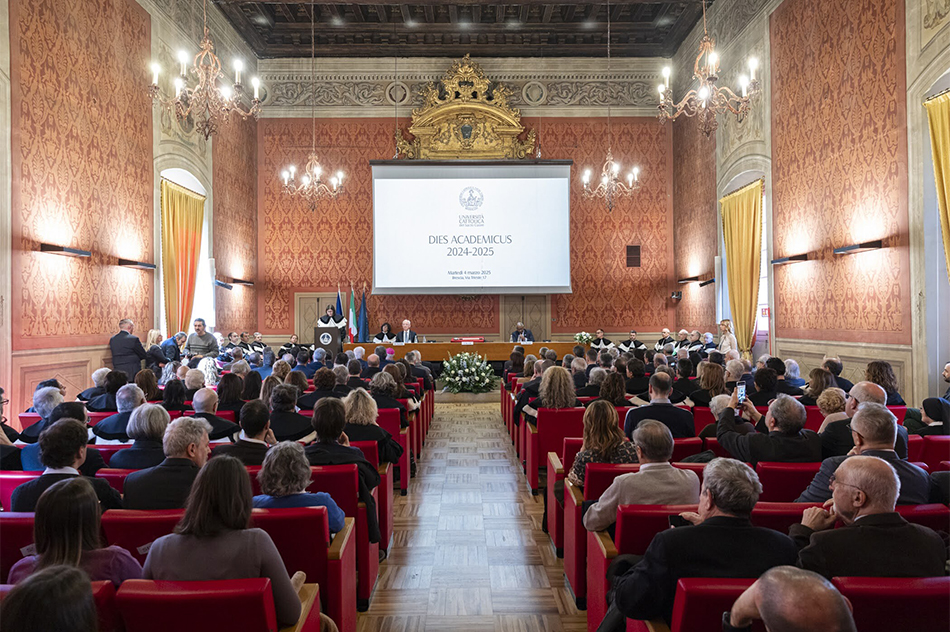
.jpg)
.jpg)
.jpg)
.jpg)
.jpg)
.jpg)
.jpg)
.jpg)
.jpg)
